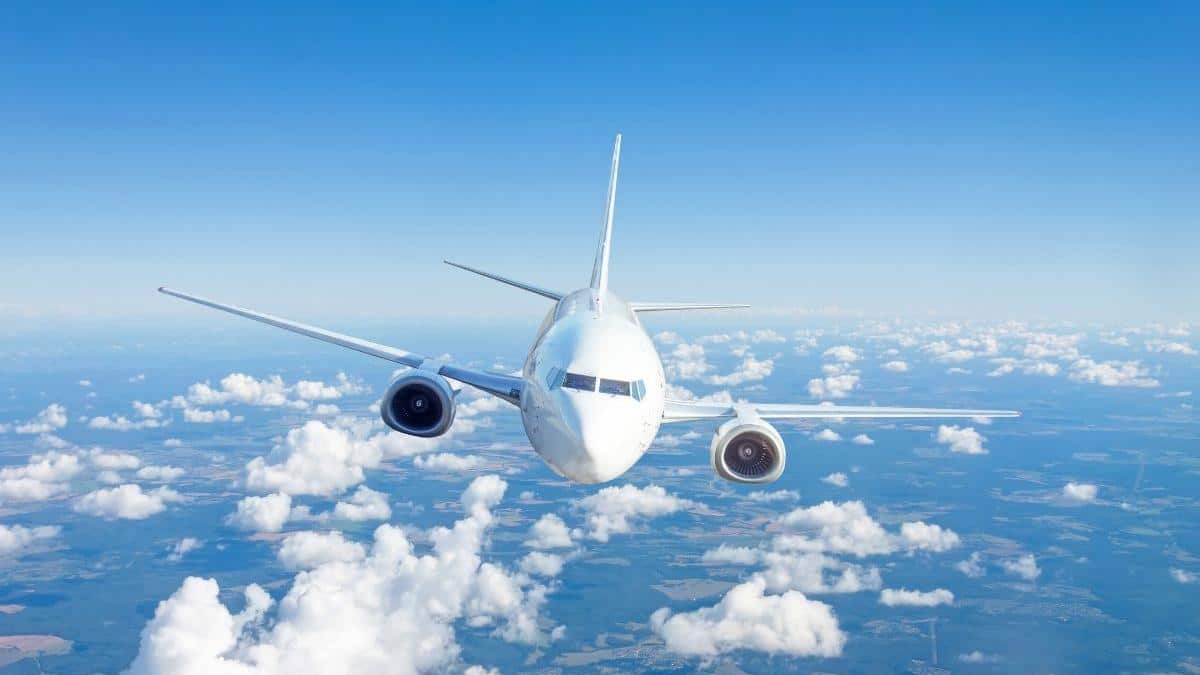Aviation Sector Anticipates Increased Losses in FY26 as Passenger Growth Slows, Reports ICRA

The Indian aviation industry is bracing for a challenging fiscal year in 2026, with projected net losses expected to soar between Rs 95,000 and Rs 1,05,000 crore, a significant increase from Rs 55,000 crore in FY2025. This downturn is attributed to a slowdown in passenger traffic growth and an uptick in aircraft deliveries, according to a report by ICRA. While FY2025 saw improved pricing power and higher demand for air travel, the current demand landscape appears more cautious, raising concerns among industry stakeholders.
Projected Losses and Traffic Growth
The Indian aviation sector is facing a stark contrast in its financial outlook for FY2026. ICRA has revised its growth forecast for domestic air passenger traffic down to 4 to 6 percent, a decrease from the previous estimate of 7 to 10 percent. This adjustment suggests that annual domestic traffic may reach between 172 and 176 million passengers. The first quarter of FY2026 has already shown a slowdown in passenger traffic growth, which increased by only 4.4 percent year-on-year. Factors contributing to this decline include cross-border tensions, flight disruptions, and a recent aircraft accident that has dampened travel enthusiasm. Additionally, prolonged monsoon rains and uncertainties surrounding US tariffs are expected to further suppress business travel demand in the near future.
Financial Metrics and Industry Challenges
Despite the anticipated losses, the figures for FY2026 remain significantly lower than the pandemic-era losses, which peaked at Rs 2.16 lakh crore in FY2022 and Rs 1.79 lakh crore in FY2023. However, ICRA warns that the sector’s debt metrics are likely to weaken, with interest coverage expected to fall to between 1.3 and 1.5 times, down from 1.5 to 1.7 times in FY2025. The decline in demand has also led to a 4 to 5 percent year-on-year drop in yields during the first quarter of FY2026. These financial pressures highlight the ongoing challenges faced by airlines as they navigate a complex and evolving market.
Fleet Capacity and Operational Costs
The Indian aviation fleet capacity saw a modest increase of 5 percent in FY2025, reaching a total of 855 aircraft by March 31, 2025. Airlines have placed orders for over 1,600 new aircraft over the next decade, primarily to replace older models with more fuel-efficient options. Improvements have been noted in fleet grounding due to engine failures and supply chain issues, decreasing from 20 to 22 percent in September 2023 to 15 to 17 percent by March 2025, affecting approximately 130 aircraft. However, the industry continues to grapple with rising operational costs, particularly due to fluctuations in aviation turbine fuel (ATF) prices and the rupee-dollar exchange rate. ATF prices averaged Rs 87,962 per kilolitre in the first five months of FY2026, reflecting an 8 percent decrease from the previous year but still above pre-pandemic levels.
Future Outlook
Looking ahead, the Indian aviation sector faces a precarious future as it contends with a combination of rising costs and declining demand. The ongoing challenges, including geopolitical tensions and economic uncertainties, are likely to impact the industry’s recovery trajectory. Stakeholders will need to navigate these complexities carefully to stabilize operations and return to profitability. As the sector adapts to these changing dynamics, the focus will remain on enhancing operational efficiency and addressing the underlying issues affecting passenger traffic growth.
Observer Voice is the one stop site for National, International news, Sports, Editor’s Choice, Art/culture contents, Quotes and much more. We also cover historical contents. Historical contents includes World History, Indian History, and what happened today. The website also covers Entertainment across the India and World.
Follow Us on Twitter, Instagram, Facebook, & LinkedIn

